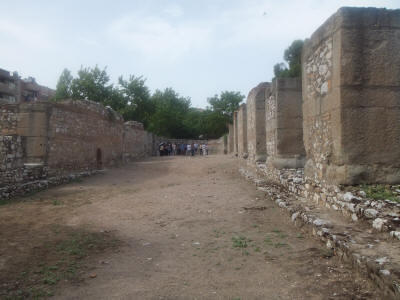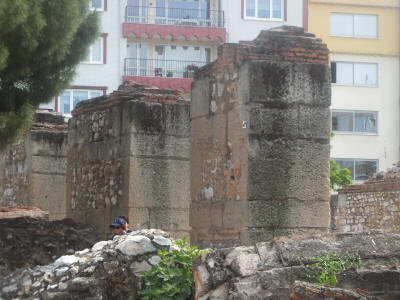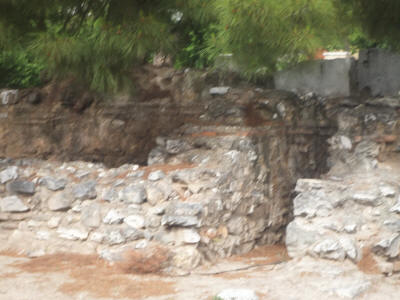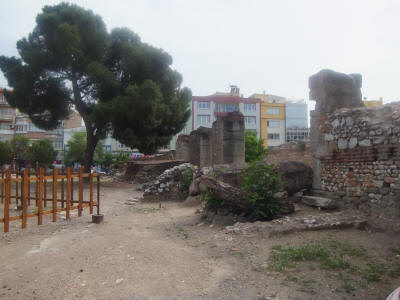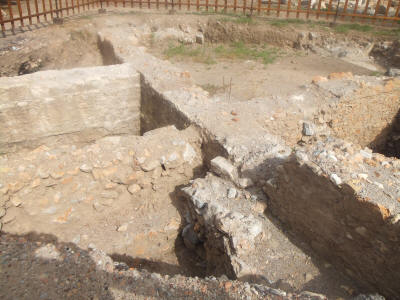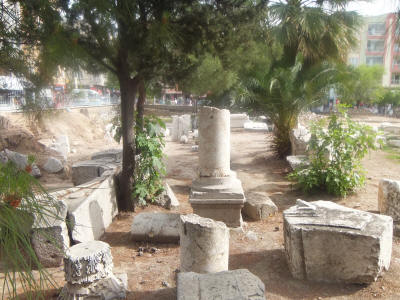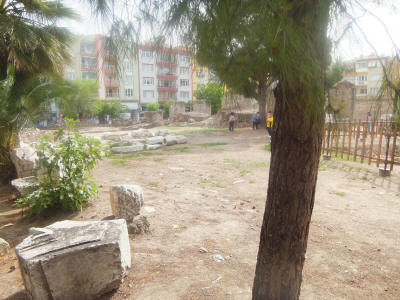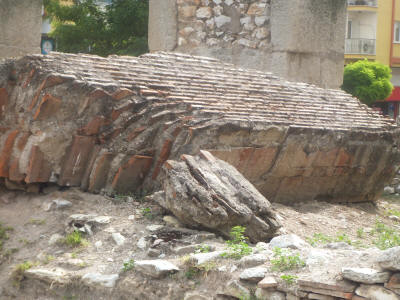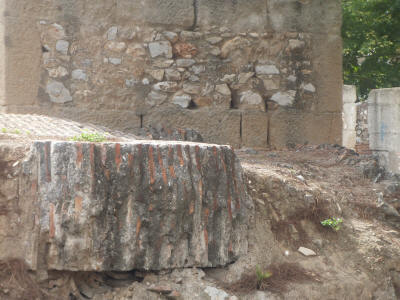
Alex Tang
Articles
- General
- Theology
- Paul
- Karl Barth
- Spiritual Formation
- Christian Education
- Spiritual Direction
- Spirituality
- Worship
- Church
- Parenting
- Medical
- Bioethics
- Books Reviews
- Videos
- Audios
- PhD dissertation
Spiritual writing
- e-Reflections
- Devotions
- The Abba Ah Beng Chronicles
- Bible Lands
- Conversations with my granddaughter
- Conversations with my grandson
- Poems
- Prayers
Nurturing/ Teaching Courses
- Sermons
- Beginning Christian Life Studies
- The Apostles' Creed
- Child Health and Nutrition
- Biomedical Ethics
- Spiritual Direction
- Spiritual Formation
- Spiritual formation communities
- Retreats
Engaging Culture
- Bioethics
- Glocalisation
- Books and Reading
- A Writing Life
- Star Trek
- Science Fiction
- Comics
- Movies
- Gaming
- Photography
- The End is Near
My Notebook
My blogs
- Spiritual Formation on the Run
- Random Musings from a Doctor's Chair
- Random Sermons from a Doctor's Chair
- Random Writings from a Doctor's Chair
- Random Spirituality from a Doctor's Chair
Books Recommendation
---------------------
Medical Students /Paediatric notes
Thyatira
Revelation 2: 18-29
18 “To the angel of the church in Thyatira write:
These are the words of the Son of God, whose eyes are like blazing fire and whose feet are like burnished bronze. 19 I know your deeds, your love and faith, your service and perseverance, and that you are now doing more than you did at first.
20 Nevertheless, I have this against you: You tolerate that woman Jezebel, who calls herself a prophetess. By her teaching she misleads my servants into sexual immorality and the eating of food sacrificed to idols. 21 I have given her time to repent of her immorality, but she is unwilling. 22 So I will cast her on a bed of suffering, and I will make those who commit adultery with her suffer intensely, unless they repent of her ways. 23 I will strike her children dead. Then all the churches will know that I am he who searches hearts and minds, and I will repay each of you according to your deeds. 24 Now I say to the rest of you in Thyatira, to you who do not hold to her teaching and have not learned Satan’s so-called deep secrets (I will not impose any other burden on you): 25 Only hold on to what you have until I come.
26 To him who overcomes and does my will to the end, I will give authority over the nations— 27 ‘He will rule them with an iron scepter; he will dash them to pieces like pottery’— just as I have received authority from my Father. 28 I will also give him the morning star. 29 He who has an ear, let him hear what the Spirit says to the churches (1984. NIV)
The letter to Church of Thyatira
· The longest of the seven letters is written to the smallest and least important town
· one of the highest affirmations for any Church in the entire NT.
· one of the most severe warnings and one of the strongest rebukes in the entire NT
· the strongest judgment (Rev. 2:21 - 23)
· two of the highest rewards for those who will overcome (Rev 2:25-28)
The letter to the church in Thyatira begins the second group of messages to the churches of Asia. In the first group, the church of Ephesus was characterized by loyalty to Christ which was lacking in love. In the church of Smyrna loyalty was tested by fire. In the church of Pergamum the loyalty was lacking in moral passion. Yet all three churches were true to the faith, and had not yielded to the assaults of evil. In the case of the church at Thyatira, as of the churches in Sardis and Laodicea, the situation was far more serious. Here not merely a small minority was indifferent, but large numbers had actually yielded to the demoralizing influences of false teaching. (Charles Erdman. 1966. The Revelation of John. Philadelphia: Westminster, 56)
Thyatira (modern Ahisar) was located about thirty-five miles inland, between Pergamon and Sardis in northern Lydia, or Mysia.
Lydia of Thyatira, who lived in Philippi, was Paul’s first Christian convert in Europe (Acts 16:14–15, 40) and sold purple goods as a trade she had probably learned in Thyatira, which was particularly known for its dyeing process and had a strong guild of dyers. The purple dye which was made from the madder root is famous all over the empire. Dyers uses a lot of water so they usually sited their businesses near the river. Lydia would have been a wealthy business woman.
One of the significant characteristics of Thyatira was the prominence of various trade guilds, including associations of clothiers, bakers, tanners, potters, linen workers, wool merchants, slave traders, shoemakers, dyers, and copper smiths
The major problem for the church was posed by the many trade guilds in the city. This was unusual, in that Roman administration discouraged such; but it is thought that Thyatira was useful to the Romans as a supplier for their garrison in nearby Pergamum, so they could overlook the guilds. The Christians, however, could not. Guilds had a patron god; the local god of Thyatira, a representation of Apollo, probably served that purpose. The feasts of the guilds were held in a temple and were viewed as religious occasions; the meat was offered to the god, so that participators shared it with him, and the occasions not infrequently ended in debauchery. How could Christians participate in such meetings? That woman Jezebel had an answer (20)…But the church allowed a prophetess to exercise a dangerous ministry in its midst…Jezebel would have been of the order of the Nicolaitans and encouraged the members of the church to have no scruples about participating in the meetings of their guilds and so freely engage in sexual immorality and the eating of foods sacrificed to idols. This is typical of the ‘beyond morality’ attitude of the libertarian gnostics.
The archaeological site of Thyatira was discovered in 170 AD by the British Consul in Smyrna, Paul Rycault. There is actually not much left of the ancient city.
Aune, D. E. 1998. Revelation 1–5. Word Biblical Commentary. Vol. 52A (201). Word, Incorporated: Dallas
New Bible commentary: 21st century edition. 1994 (D. A. Carson, R. T. France, J. A. Motyer & G. J. Wenham, Ed.) (4th ed.) (1430). Inter-Varsity Press: Leicester, England; Downers Grove, IL
